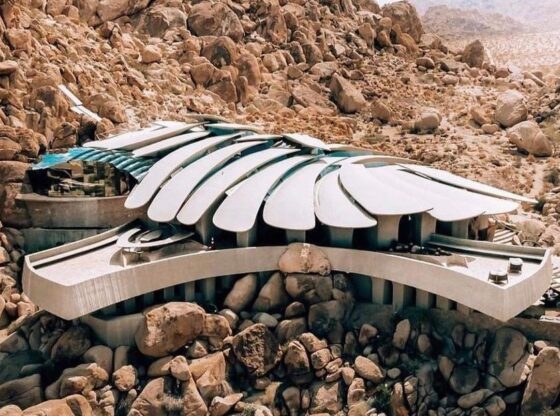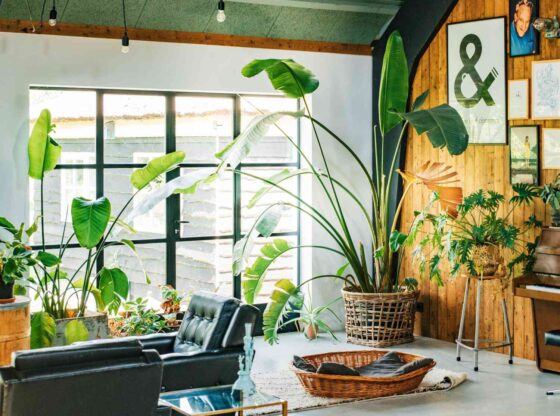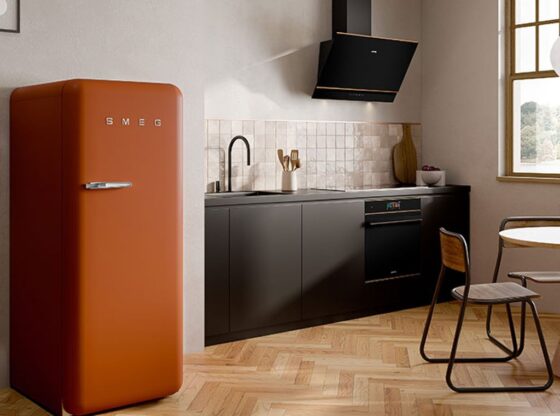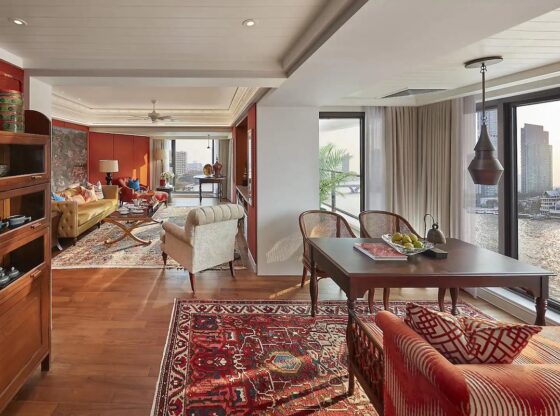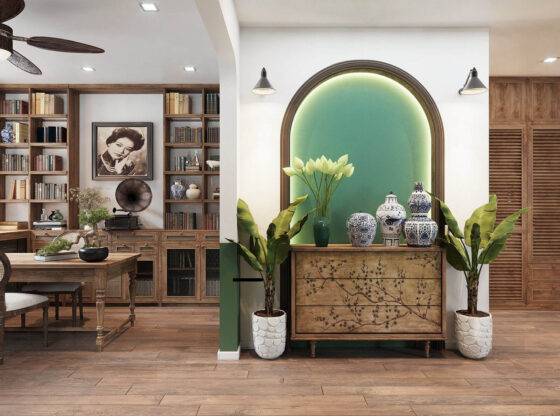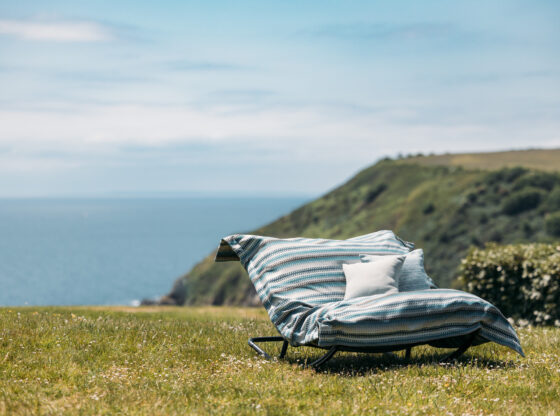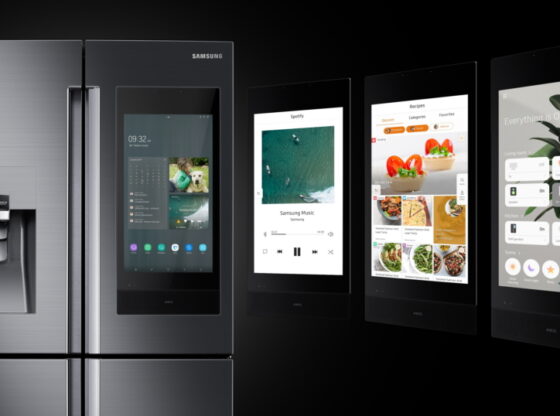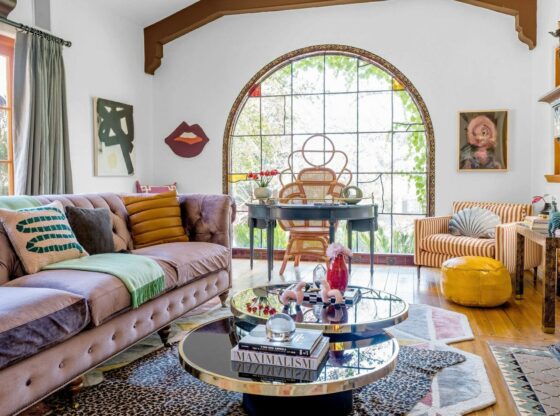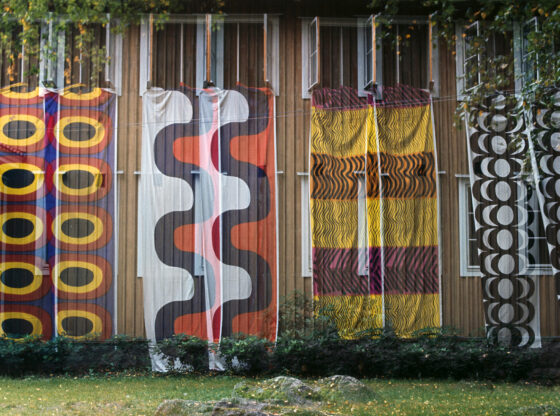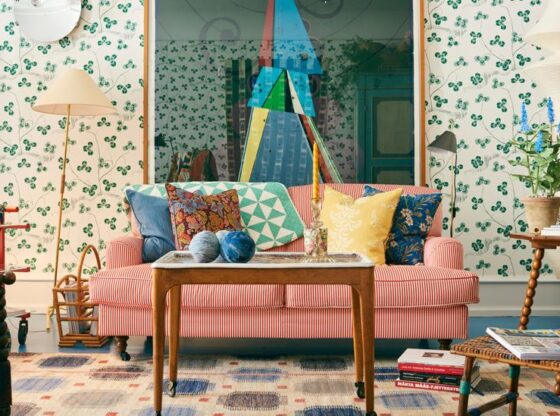![]()
Buying a condo and letting it out for income is a plan many expats, retirees and passive-income seekers have when they come to Thailand.
It sounds simple.
You buy a place, you rent it out … what’s so hard about that?
The truth is, failing to plan is planning to fail in the super-competitive buy-to-let game.
Focus on what is important to your target tenant audience.
Your personal tastes and lifestyle have no bearing on how you configure or furnish your investment unit.
Don’t make the mistake of assuming everyone likes what you like.
And remember, décor isn’t as important as utility.
Nobody renews a lease because they like the curtains.
If you acquire a unit in the build-out stages, there are some moves you can make that help your place attract and/or keep tenants.
Plenty of built-in storage capacity comes to mind. I’ve seen many places advertised as “ready to move in” with tag lines like “just bring your suitcase” only to have tenants find out there’s no place to store their luggage.
Especially for long-term tenants, “easy to keep clean” places are attractive.
In two of my rental units I eliminated the glass shower doors, replacing them with much easier to maintain tile and glass block partitions.
Ceramic tiles on the floor are lower maintenance than wood … granite counter tops are durable and easy to clean … ceramic hobs as well.
Use high quality hot water heaters that work and check them often. At this stage you can build in some real advantages.
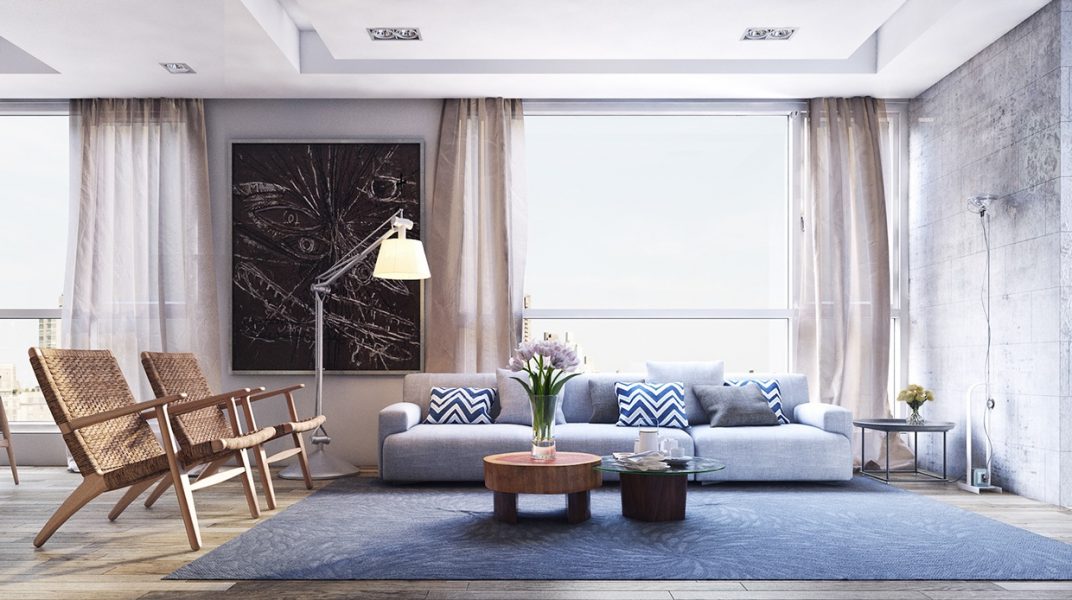
Choose carefully
Furnishing the kitchen with essential appliances, cookware and eating utensils is an area many rookie landlords overlook or attempt to shortcut. For short-term tenants you’ll need to supply everything right down to the tea spoons.
Longer term tenants tend to buy their own stuff.
Choose cooking appliances like hobs, microwaves and ovens carefully. Ceramic hobs are easy to maintain, but get one with knobs not digital controls.
I never cease to be amazed by how “analog” most people are. Ovens are generally unnecessary unless you have a large unit with a long-stay family in place.
Microwaves are a dime-a-dozen, but I recommend buying a known brand with a warranty that is serviced in Thailand.
Buy a refrigerator that is the right size for the unit.
A studio apartment doesn’t need a double door unit and one of those little Samsung’s that is shorter than you isn’t sufficient for a three-bedroom. Avoid all the bells-and-whistles models with ice makers, water dispensers, etc.
It’s more devices to break down and more for your renters to potentially destroy.
Cookware is also very cheap in Thailand and I recommend going to one of the home furnishing mega-stores and buying a matched set.
But, pay attention to what you are buying.
Many times I’ve seen a box with a nice picture of seven assorted pots and pans on the outside only to find out they are miniature in size.
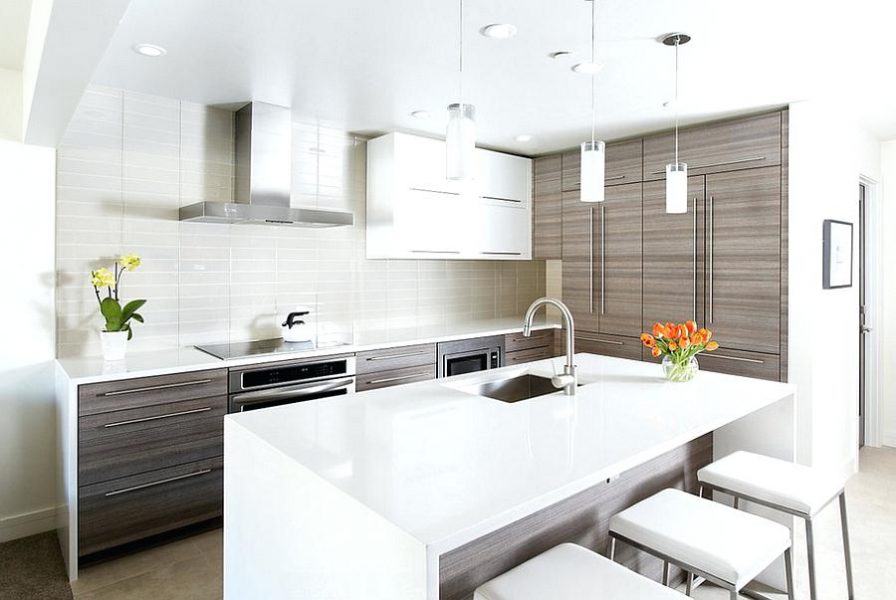
Who needs a skillet that can only cook one egg at a time?
Dishes, glasses and silverware can be also be bought at these outlets very inexpensively. Be sure to buy simple designs with no fancy colours. In this way you can easily replace items that get or broken or stolen.
If you want a cheat-sheet for what to furnish a kitchen with, go to Air B-n-B’s website and look at their requirements for landlords who want to use them for bookings.
They tell you what and how many to buy according to unit size.
Electronic entertainment appliances like TVs, CD players, etc. is an area that can help you and hurt you.
By all means, have a nice TV in the living room and possibly one in the bedroom(s), but don’t overdo it. A 35 sum studio with a 60-inch curved screen may appeal to a 20-something bachelor with a box full of video games, but is that your target audience?
Get a TV that fits the room, mount it on the wall so tenants can’t move it and attach a simple and inexpensive DVD player. Complicated and expensive surround-sound units will not pay off in higher rents and are among items most likely to break down or get damaged.
Keep it simple. Nowadays having some kind of internet-ready TV or Smart TV can eliminate the need for clumsy and unreliable cable TV access. Make sure you have operating manuals for all electronics available in the unit to avoid those late night phone calls.
Less is more, quality counts
The most important feature of any furniture in a buy-to-let unit is durability.
Fewer pieces and higher quality are the key. By way of example, I have an 85 sum one bedroom unit with a large living room.
Rather than buy a sofa, chairs, and end tables like you see in many rooms of this size, I opted for one giant (340cm long) L-shaped quality leather sofa I found on sale with a simple glass coffee table.
Nine years later, that sofa looks better than it did new and every tenant I’ve had comments, “man I love that big sofa”. Less is more … quality counts.
What’s the most important piece of furniture in a buy-to-let unit?
That’s easy … the bed. Don’t get cheap on the bed! And, more importantly … protect it!
When I watch prospective tenants inspect my places some will look in the kitchen … some will fiddle with the electronics a bit … but every one of them goes to the bed and either sits down or pushes on the mattress to see how soft or firm it is.
Buy a good mattress with a 10-year warranty, protect it with a quality mattress cover and have it professionally cleaned once every two years.
I had a tenant who tried to buy my Dunlopillo latex mattress when he moved out of my three bedroom. Nothing endears a tenant to a rental unit like a great bed.
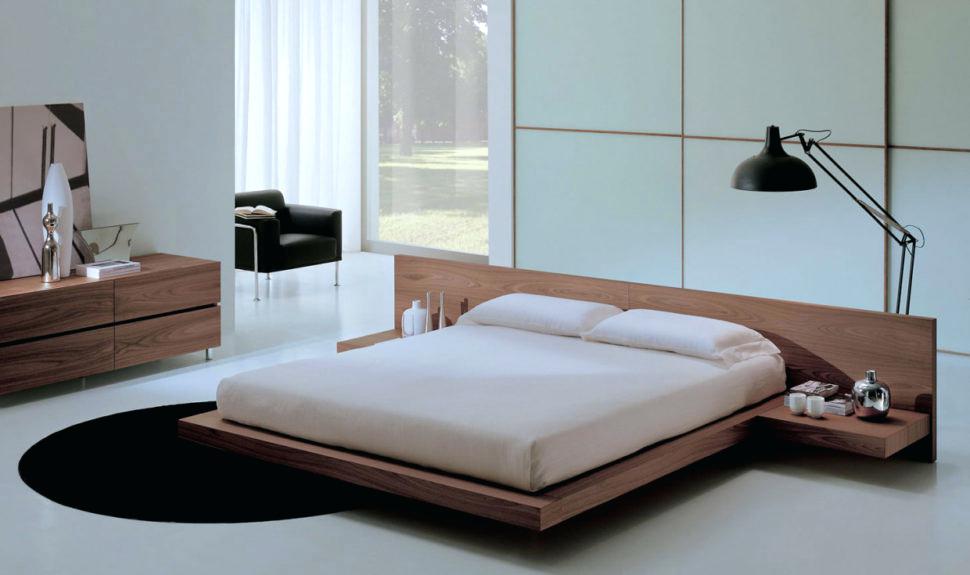
Unclutter
Don’t feel the need to populate your place will all kinds of knick-knacks and artwork. Some simple and unobtrusive artwork is good.
Mirrors make a room look bigger and take up blank wall space.
A place that is turned out like a showroom model is intimidating to a prospective tenant and leaves them no room to add their own touches. Once again, less is more, quality counts.
Winning at the buy-to-let game requires taking your emotions out of furnishing a unit.
The important thing to remember is each element you add to your rental should improve the living experience for the tenant.
If it doesn’t, then leave it out; you’ll never get that money back.
Happy land-lording!
By Bart Walters



